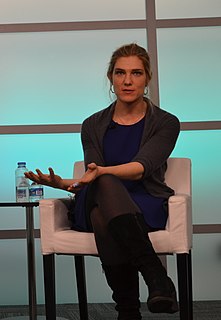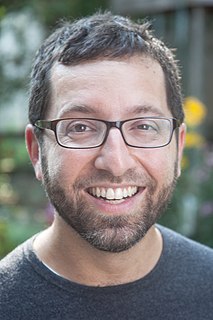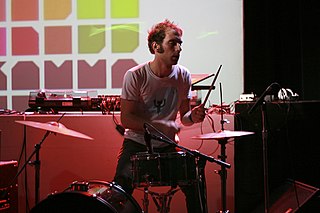A Quote by Anya Kamenetz
The idea here, of course, is, you know, mathematics is the language of science, it's the way that we understand the natural world. And there's definitely been a push to sort of study advanced math and kind of reawaken the love of advanced math.
Quote Topics
Related Quotes
Mathematical thinking is not the same as doing mathematics - at least not as mathematics is typically presented in our school system. School math typically focuses on learning procedures to solve highly stereotyped problems. Professional mathematicians think a certain way to solve real problems, problems that can arise from the everyday world, or from science, or from within mathematics itself. The key to success in school math is to learn to think inside-the-box. In contrast, a key feature of mathematical thinking is thinking outside-the-box - a valuable ability in today's world.
I appreciate and enjoy mathematics and science and all that side of things. I definitely have that side of me even though I'm not by any means an expert, but I love reading about physics and math and that kind of stuff. I wish I knew more than I did. I mean, I read books written for laymen, not textbooks or anything.
Who's counting? It was, of course, the minority who were counting. It always is. Most of the women I know today would dearly like to use their fingers and toes for some activity more enthralling than counting. They have been counting for so long. But the peculiar problem of the new math is that every time we stop adding, somebody starts subtracting. At the very least (the advanced students will understand this) the rate of increase slows. ... The minority members of any group or profession have two answers: They can keep score or they can lose.






































